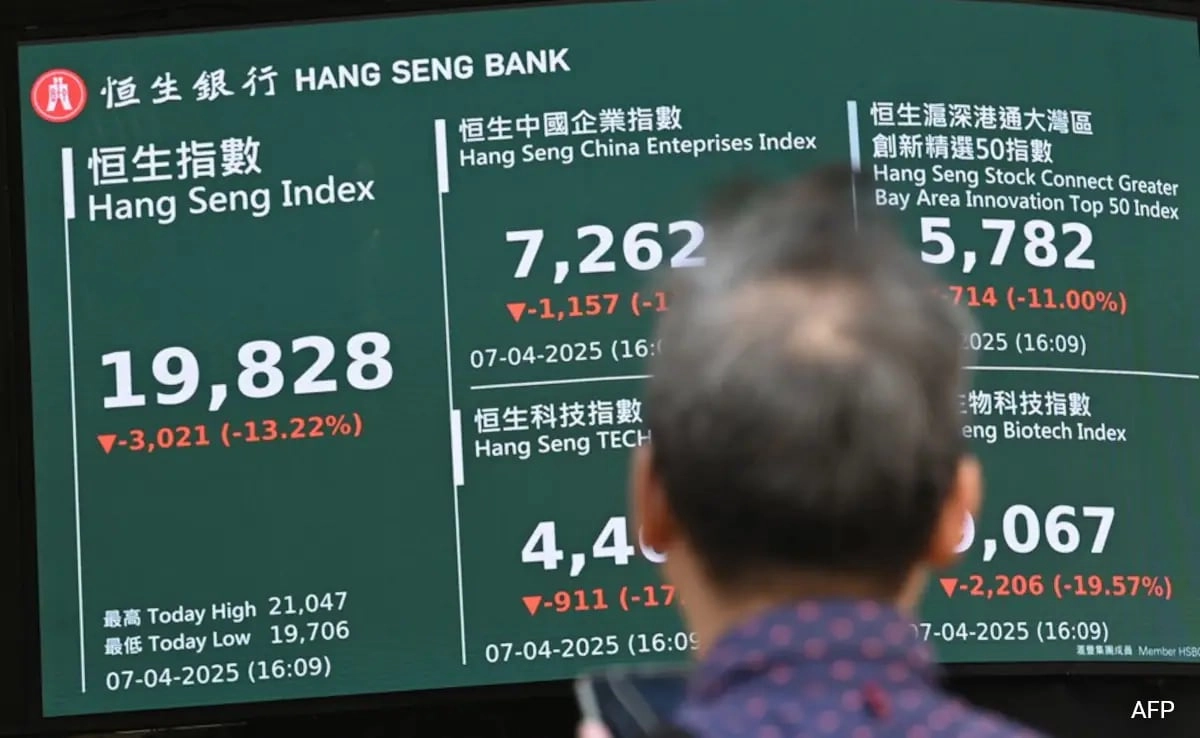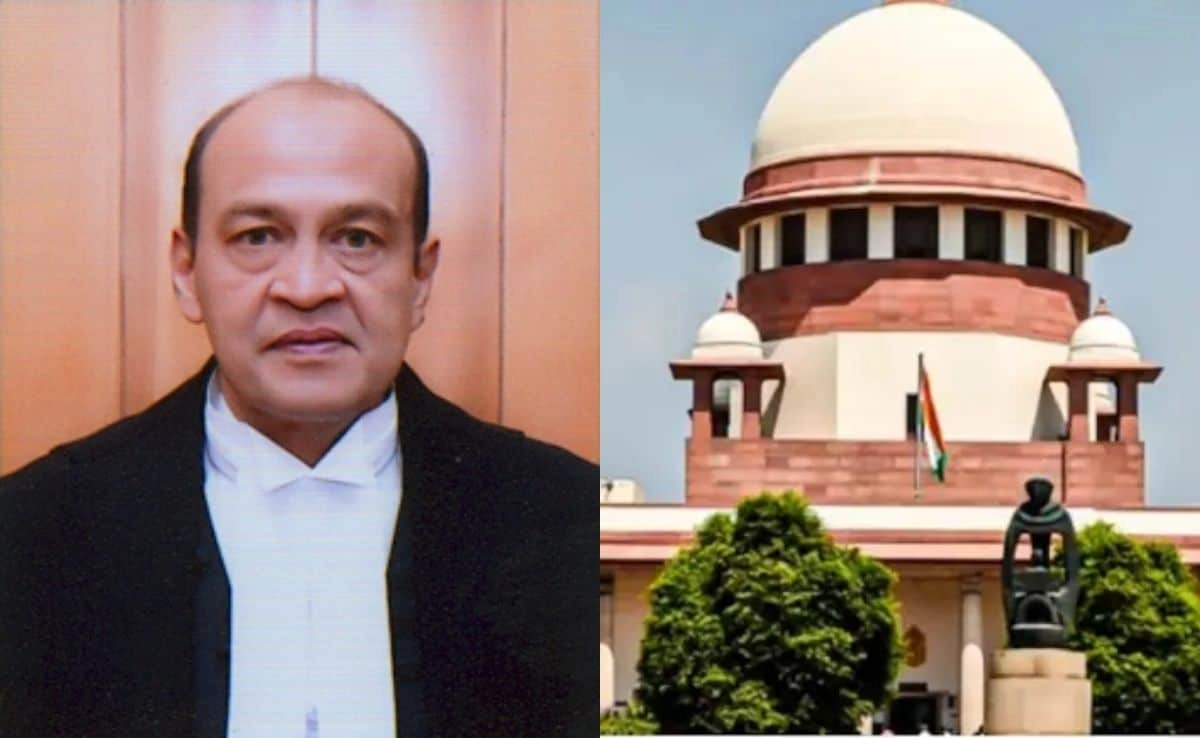The prospect of a regime change in Iran is a topic that elicits a complex array of responses from the United States and Israel. While the notion of a new government in Tehran might seem appealing to some, particularly those who view the current Iranian regime as a destabilizing force in the Middle East, U.S. and Israeli policymakers must approach this idea with caution. Historically, regime changes have led to unintended consequences, and the potential for chaos in Iran following a shift in power could have far-reaching implications for regional stability and security.
One of the primary concerns is the possibility of a power vacuum arising from a regime change. The Iranian government, despite its authoritarian nature, has maintained a degree of control over various factions within the country. A sudden removal of this regime could lead to infighting among different groups, including extremist factions, military leaders, and political dissidents. Such turmoil might not only destabilize Iran but could also spill over into neighboring countries, exacerbating existing tensions and potentially leading to conflict. For the U.S. and Israel, a fragmented Iran could mean a more volatile environment, complicating their strategic interests in the region.
Furthermore, the prospect of a new regime does not guarantee that it would be more favorable to U.S. and Israeli interests. The risk exists that a new government could emerge that is even more hostile, particularly if it is backed by populist sentiments that reject Western influence. Historical examples, such as the rise of the Islamic Revolution in 1979, illustrate how quickly a new regime can adopt an anti-Western stance, posing a significant challenge to U.S. and Israeli foreign policy. Therefore, it is crucial for both nations to consider the long-term implications of a regime change rather than focusing solely on the immediate benefits of ousting the current leadership.
In addition, the Iranian people’s aspirations for democracy and reform should be recognized. The U.S. and Israel must navigate the delicate balance between supporting the Iranian populace’s desire for change and avoiding the perception of foreign meddling. Interventions that are perceived as externally driven can lead to backlash against both the U.S. and Israel, rallying nationalistic sentiments and undermining the very movements they seek to support. Engaging with Iranian civil society while promoting diplomatic solutions could foster a more stable transition, aligning better with the interests of both the Iranian people and regional stability.
In conclusion, while the allure of regime change in Iran may be tempting for U.S. and Israeli strategists, it is essential to consider the potential consequences that such a shift could entail. The complexities of Iranian politics, the risk of regional instability, and the possibility of an even more antagonistic government emerging are critical factors that must inform any policy decisions. A nuanced approach that prioritizes stability and the aspirations of the Iranian people, while also safeguarding U.S. and Israeli interests, is vital in navigating this challenging geopolitical landscape.




